Dominic Marsh takes a look at the £180, silver plated power block from MCRU.
Mains Cables R Us (MCRU for short) have been specialising in mains cable products for a good number of years now and in addition to selling products from manufacturers such as Furutech, Black Rhodium and Tellurium Q, they also sell products under their own brand name and this mains block is one of these MCRU branded products.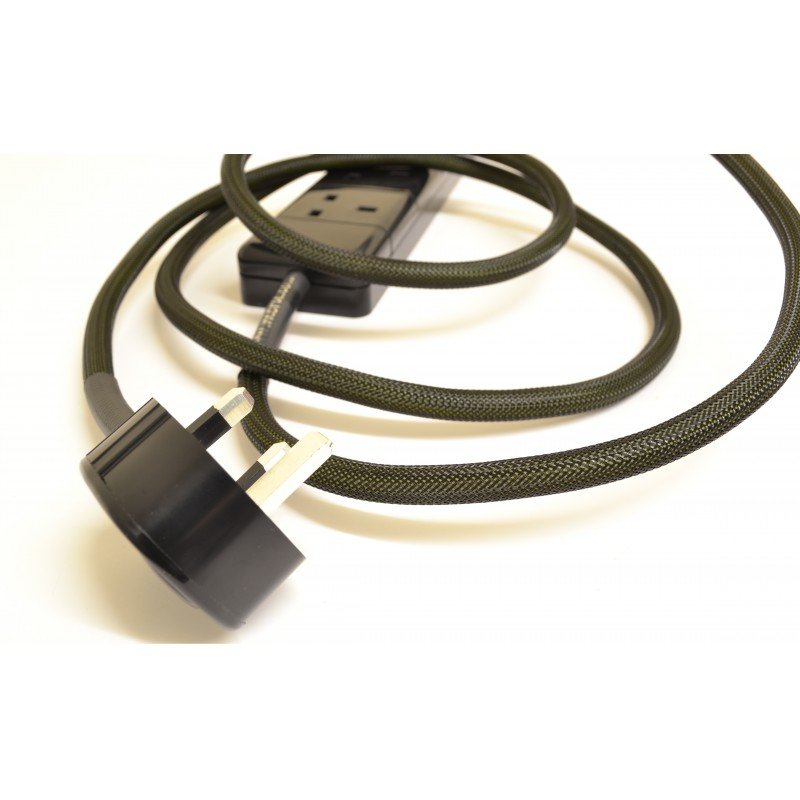
CONSTRUCTION
At first glance this looks just like any other mains block, that is until you look much closer in detail. The 3 pin mains plug appears to be a standard UK mains plug from MK, but the MCRU motif on the cap says otherwise and when you turn it over you are greeted by silver plating to all three pins, carried out by MCRU. The entry lead is built using silver plated copper conductors, approximately 9mm wide, is extremely flexible and covered in black expandable braiding, measuring a standard 1.5 metres in length, with other lengths available to order. Once again, the block itself looks nothing special being made of black plastic, but you will find no neon indicator or on/off switch present, as they are said to be detrimental to sound quality and have been removed for that purpose. Internally though, all of the bus bars have been silver plated especially by MCRU at a local electroplaters and a soldered connection to the entry lead by using Audio Note 6% silver solder, again with conductivity in mind.
Price at time of testing is £180.00.
SOUND QUALITY
Or rather a lack of sound quality, as a mains block should never impose any of its own sonic imprint on to a hifi system, especially any form of compression and limiting of dynamics. Remember too, you are not putting something “wonderful” in, you are taking out a component that has inadequacies and replacing it with a component that has less faults – none of them are in actual fact perfect anyway no matter how much money you pay. It is those progressive steps up the hierarchy in sound quality terms that also has a commensurate rise in price as well, because removing those ‘imperfections’ in the products does not come cheap either.
My regular readership will also know that I do not do direct comparisons between competing components in the marketplace, because each has their own merits and so giving and taking away of points doesn’t always mean the ‘best’ product with the highest wins the battle or shootout. However, with this particular review I felt I had to use some comparisons with other products to put into perspective and context what this product’s capabilities were, because there are so many of these blocks available to buy, so I hope you will bear with me just this once. This is not to say either that the MCRU mains block occupies a particular place in the market and that should be borne in mind when reading this review. All of the products mentioned below including the MCRU block were run in for approximately 50 hours as I am aware that cables not used for any length of time need running in once more to sound at their optimum.
The real issue facing me before I even started the evaluation was comparable products to pit the MCRU block against. My resident MS Audio block costs at least twice as much and so that was no equally matched contender, so I had to venture into the dark and gloomy spares cupboard to upset all the spiders in there to find what I was looking for. Amazing what can be found when you look hard enough and I found a generic 6 way mains block from a well known DIY store, a Brennenstuhl aluminium bodied 6 way block and a Russ Andrews Yellow 6 way block. That should do nicely for comparisons and closed the cupboard door to let the spiders get back to doing what spiders do best – whatever that is.
First up then was the DIY store block for the princely sum of £5.99. No on/off switch, but there is a neon indicator lamp, a thin captive mains lead and a generic UK 3 pin plug. Slow timed boomy bass, clouded midrange, indistinct treble, goodness me I had forgotten what one of these was like to be truthful. If this is what you currently run your system on, then do yourself a huge favour and use it in the shed for your power tools instead.
Next to try was the Brennenstuhl 6 way aluminium bodied block with a captive mains lead of decent thickness already fitted. This one has a mains switch, a neon indicator lamp and the mains lead almost 2.5 metres in length, neatly storable (is that a valid word?) by winding the cable around the block’s length with a channel at each end to hold it, a rather neat solution if you ask me. The aluminium casing gives the perception that it is robust and long lasting, although I wouldn’t use it as an axle stand when repairing the car. Cannot remember what it cost when it was new, but the number “45” sticks in the mind somewhere. For all the robust build and attractive looks, this didn’t fare much better in sonic terms than the generic DIY one, except the bass was just a bit firmer and tauter, still lacking in weight and power, plus the top end had slightly better resolution.
Although long since obsolete, the Russ Andrews Yellow 6 way block did at one time power my entire system. It wasn’t a superb performer by any stretch of the imagination, but I did get a huge improvement in sound quality switching to one after a generic cheap £5 block bought from a supermarket as I recall and for that I was grateful at the time of course. I cannot recall how much I paid for it. No neon lamp, no switch either and no details about construction were ever given. For the purpose of this test, I now heard a leap forward in sound from the previous two candidates, as bass was now much fuller bodied and the midrange cloudiness was lifted. Treble too acquired some air and space.
Finally we come to the MCRU 6 way block and there was some anticipation that given how much attention MCRU has paid to silver plating all the metal conducting components, that there would be some benefits to be heard from it. Indeed there was, as the treble acquired more clarity and a much better focus, while dynamics was raised a notch or two, the leading edges of notes having a sweet taut crispness. Bass extension didn’t increase further down into the lower registers, but there was a lush warmness to the sound with less overhang and more articulation. I also noticed a big improvement in sound staging and the noise floor seemed lower too.
Naturally, at the end of the evaluation I re-installed my MS Audio mains block and I know I said clearly at the very beginning of this review that it wasn’t a good comparison because it was more than twice the price, but the MCRU block fared very well against the MS Audio block, much to my surprise.
CONCLUSION
As the old saying goes “Never judge a book by its cover” then that wise set of words applies equally so to the MCRU Limited Edition 6 way mains block. It looks superficially plain and uninteresting (most no doubt will be installed out of sight anyway), but MCRU have placed more emphasis on what goes on inside the device than what has gone into its outward appearance. On that basis then it could be a viable candidate if you are looking to buy a better mains block to improve the sound of your system, especially so if you currently use a generic block of indeterminate parentage like the one that was found in my spares cupboard. It easily saw off the contenders I pitted it against in sound terms and came close on the heels of my resident mains block that’s more than double the price, so for that reason I will give it a recommendation.
Build quality:8.1/10
Sound quality:8.8/10
Value for money:8.6/10
Overall:8.5/10
Pros: Good sound quality owing to that custom silver plating of all the conductor surfaces.
Cons: Mains block body is not the best quality to look at.
Dominic Marsh























































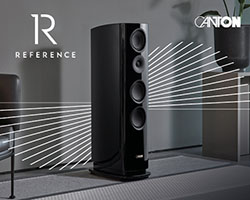
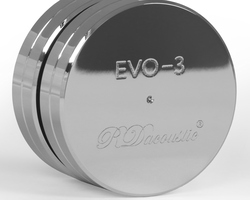
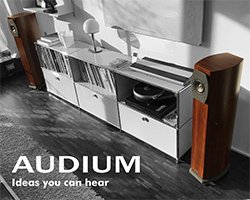



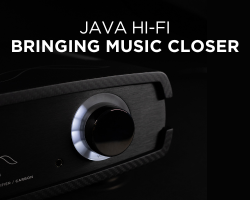
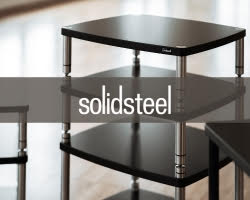



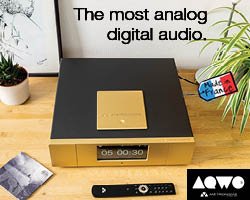
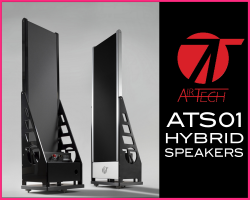




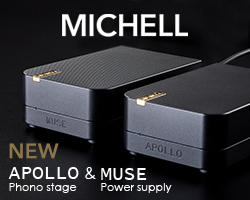
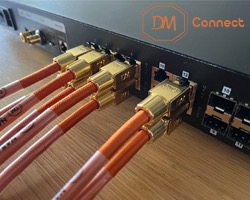
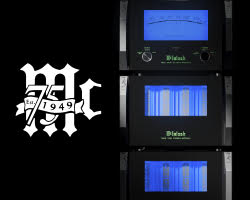






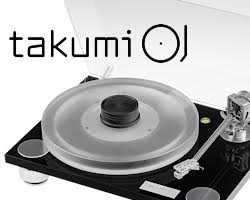
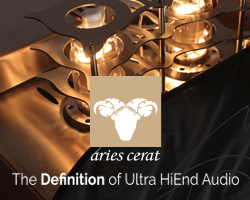

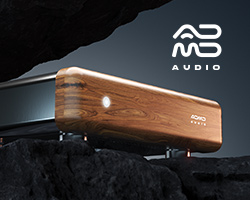
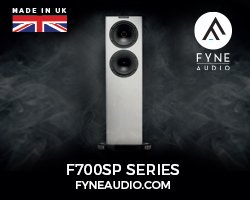


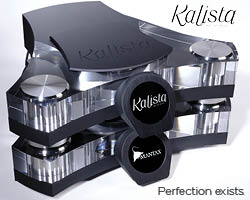




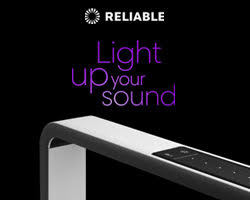





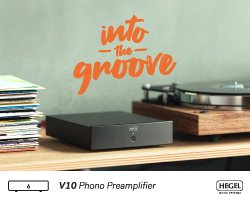





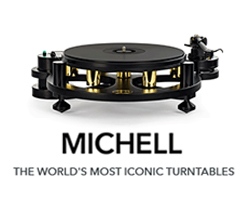
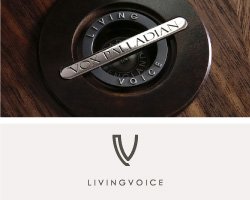

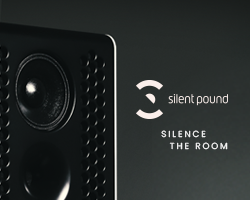


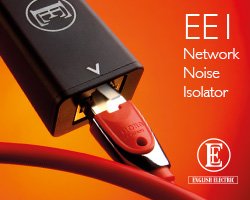






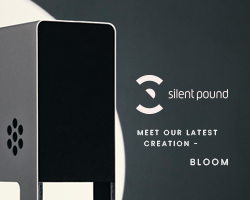

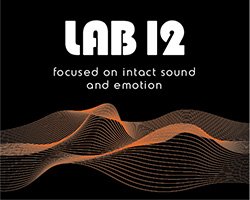



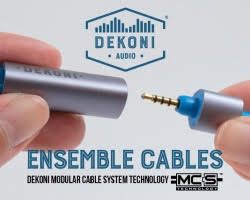
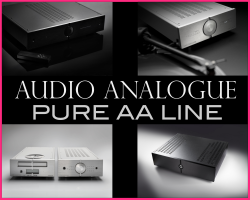


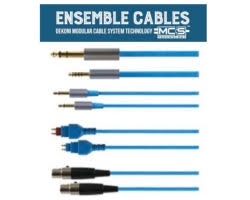
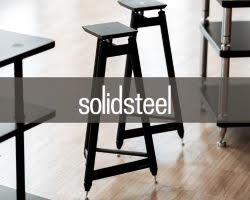
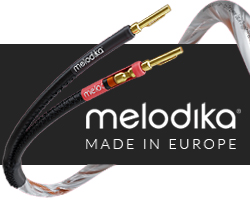
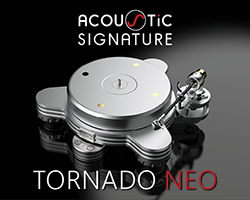
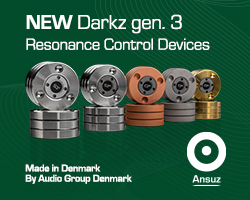


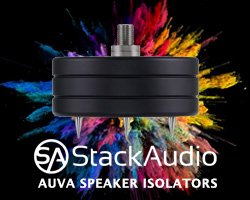
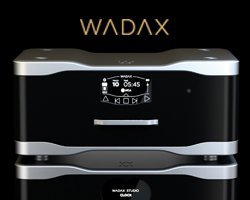
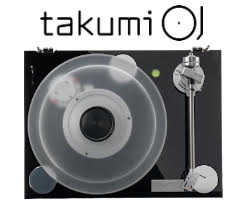







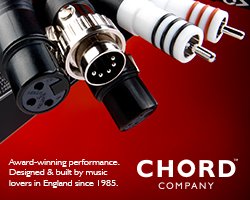




















































You must be logged in to leave a reply.